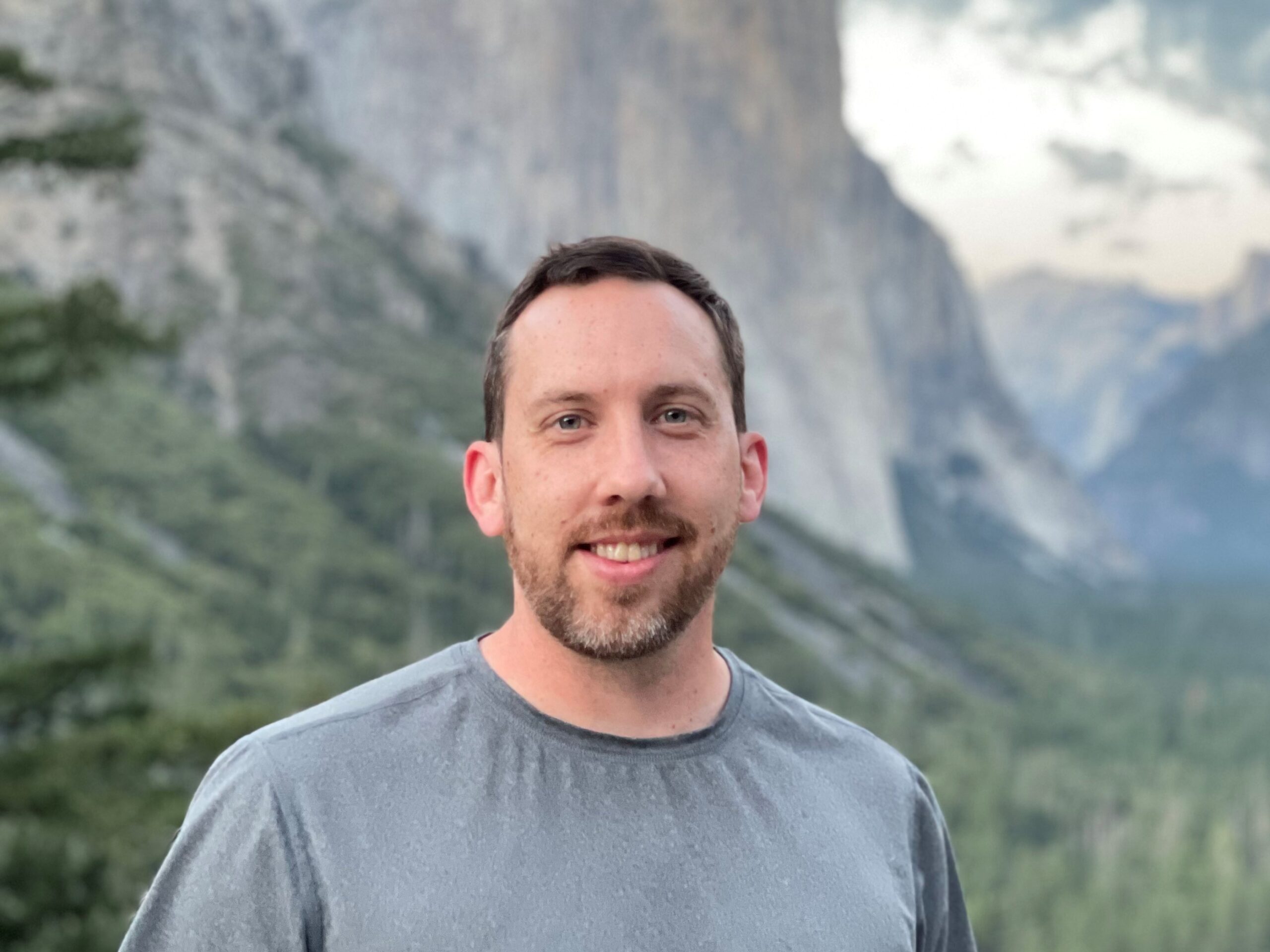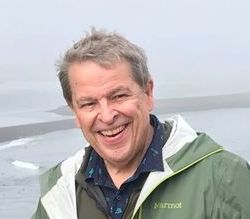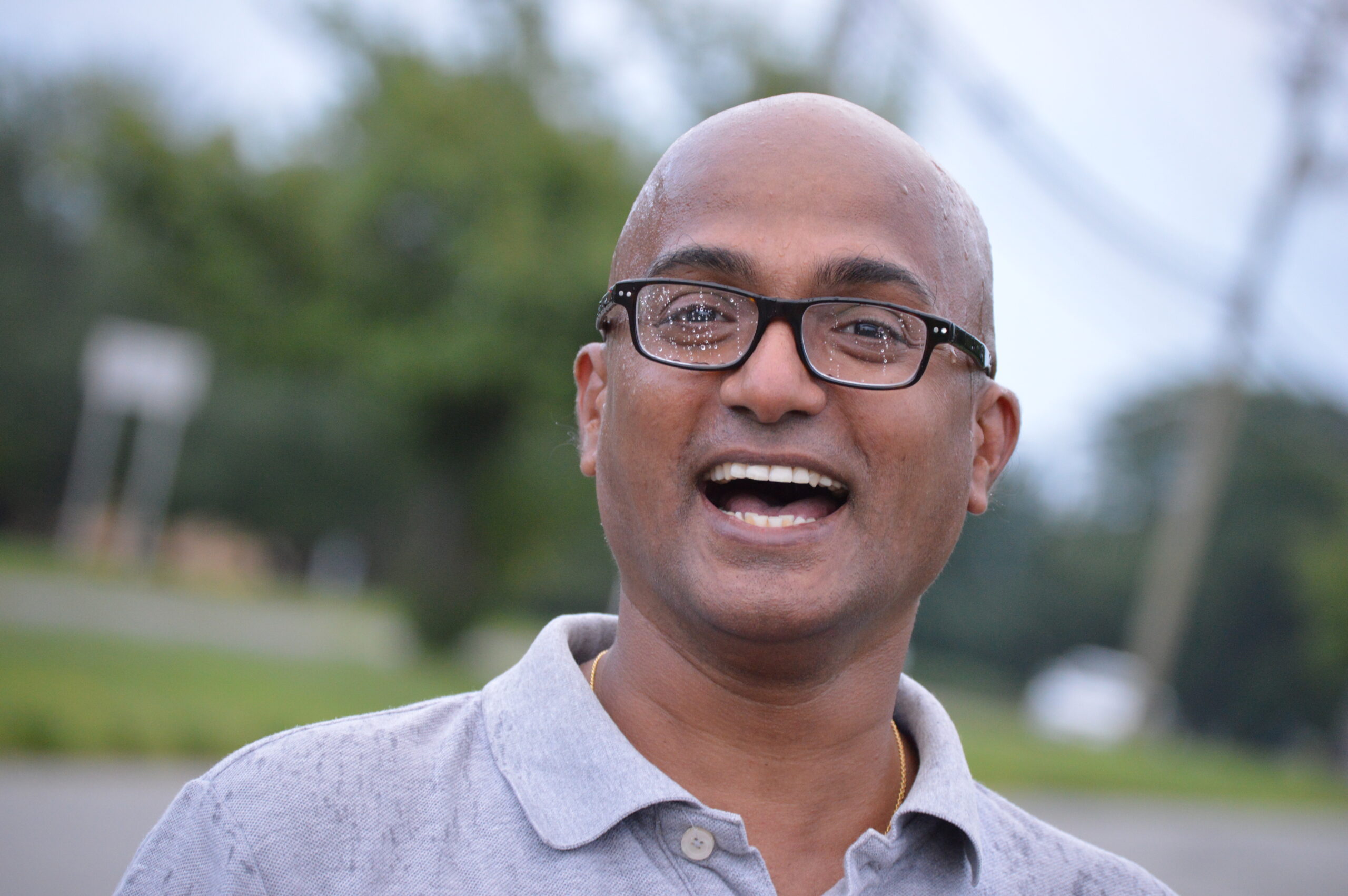Apply now to join our next cohort of Community Science Fellows and Community Leads!

Photo courtesy of Pixabay
The rural, underprivileged, and resiliency-challenged community of Duck Hill suffers overwhelming health disparities and requires environmental justice reform. Currently, their residential lead testing and remediation programs are lacking at the county levels. This project aims to assess and analyze the lead testing systems focusing on residential dwellings within Montgomery and Grenada counties, for lead levels, and identify any patterns in pediatric health and locations of identified lead; produce data-driven, informative, and educational content to share with the public; and inform the movement toward environment justice and healthy equity, in the State of Mississippi.
This project is concentrated on Duck Hill: a rural, predominantly African American, high-poverty community of around 1,400 residents, located approximately one hundred miles from Memphis and Jackson, Mississippi. The community is considered a food desert, meaning the residents lack access to a full-scale grocery store within 15 miles. The town is also facing climate change threats, such as extreme flooding and tornadoes, and health concerns, such as respiratory issues and a 43% obesity rate. Route 51 runs through the Northern section of Montgomery County, where Duck Hill is located. The town is exposed to high levels of black carbon emissions from the constant flow of diesel traffic from timber extracting.
In 2017, Montgomery Citizens United for Prosperity, (MCUP) was awarded a two year grant from the Southeastern Sustainability Directors’ Network to create a replicable model for equitable community and economic development that incorporates sustainability principles and practices. Duck Hill is the pilot to implement Achieving Sustainability through Education and Economic Development Solutions (ASEEDS). The process has engaged residents in problem solving exercises, utilizing the U.S. Environmental Protection Agency (EPA) Seven Elements of Collaborative Problem Solving.
Collectively, residents have identified four top priority areas to address:
In April 2020, ASEEDS Phase 1, tackling flooding from storm water runoff, was successfully completed, and the project has organically evolved into a national best practice. MCUP is now ready to take on the more complex community health challenges by addressing the root causes of children’s health disparities: lead. This will involve conducting lead testing to understand how lead toxicity could be contributing to physical and intellectual health problems in children attending Grenada and Winona school districts of which Duck Hill children attend. MCUP is partnering with Anthropocene Alliance, a national nonprofit that educates and organizes individuals and communities harmed by environmental abuse and climate change, and Thriving Earth Exchange, a program advancing community solutions by offering relevant science and research support, to gather data and continue working on improving their surroundings.
See the links below for additional information:
To accomplish this goal, the community would like to investigate lead prevalence within Duck Hill’s residential homes and the children that reside in them and share findings with the community, the state, and beyond so that they can spark change and inspire other rural communities to do the same. This will address systemic racism and advance environmental justice in Mississippi and provide opportunities to make communities safer and healthier.
To do this, the project will involve collecting paint, soil, and water samples in and around residential homes, in addition to blood samples from children. This will allow the team to analyze the location of elevated lead levels within residences and elevated blood-lead levels within children. The community will require a pediatric phlebotomist to collect blood samples and perform testing from the organization, Choices for Children and Family. Choices for Children and Families have a mobile health unit that they can deploy to collect blood samples.
After sample analysis results are obtained, the data can be meaningfully displayed, likely using GIS software, to show overlap of the location of high lead levels in housing and the location of residence for children with high blood-lead levels, among other relevant metrics. Educational and informative content will be created from the data to defend the need for environmental justice reform and lead remediation investments at the county levels. The goal is to shed light on this injustice for Duck Hill and other communities in the state and country facing similar crises. This research will contribute to data within this area of science to impact public policies that lead to equitable systems change.
One of the key milestones for this project will be a community health fair which will take place in the Fall of 2022. This event will engage the community by providing routine health exams, including blood draws; gather data; and inform the community of the project.
Romona Taylor Williams, Local Project Lead
Shernell Everett, Duck Hill Board of Alderman, Grenada Early Headstart Lead Social Worker

Ms. Phani Devarakonda is a Research Assistant at the Indian School of Business (ISB). Her research revolves around the relationship between climate change and environmental health, exploring how anthropogenic changes to the environment affect public health. She is particularly interested in studying disparities in exposure and susceptibility to environmental hazards and is a passionate advocate for environmental justice and addressing health disparities.
Moreover, as a Community Scientist with AGU’s Thriving Earth Exchange, she actively works to facilitate the integration of scientific research with community action. By bridging the gap between scientific knowledge and community initiatives, she strives to empower communities and promote collaborative efforts for a sustainable and equitable future

Dr. Michael Schmeltz is currently an Assistant Professor in the Department of Public Health at California State University, East Bay. He has over a decade of experience working on environmental health and climate change issues at local, state, and federal agencies, where he continues in advisory roles. His research has focused on examining social and structural vulnerabilities communities face due to environmental and climate hazards.

Dr. Alan Kolok is a professor of Ecotoxicology in the College of Natural Resources at the University of Idaho, and Director Emeritus of the Idaho Water Resources Research Institute. His research interests focus on the interplay between pollution and public health. He is currently writing his second non-fiction book, Generally Regarded as Safe, and is active as a Community Scientist in conjunction with AGU’s, Thriving Earth Exchange.

Dr. Ravi Sadasivuni is a geoscientist with more than 25 years of experience. He did his MS and PhD at Mississippi State University (MSU) and later worked at MSU for around 18 years. His research and work experience includes diverse domains ranging from hazard modeling (wildfire and flood modeling), transportation corridor studies, Environmental Impact Assessment Studies, and spatial epidemiology. He is currently working on understanding and quantifying the impact of air pollution on public health in cancer alley, Louisiana.
Sara Schulkowski, Thriving Earth Exchange/MCUP Project Manager
Choices for Children and Families
Mississippi State University Extensions, Lead Project
Emory University
EPA Region 4 College/Underserved Community Partnership Program (CUPP)
Mississippi Environmental Quality Agency Lead Program
(c) 2024 Thriving Earth Exchange